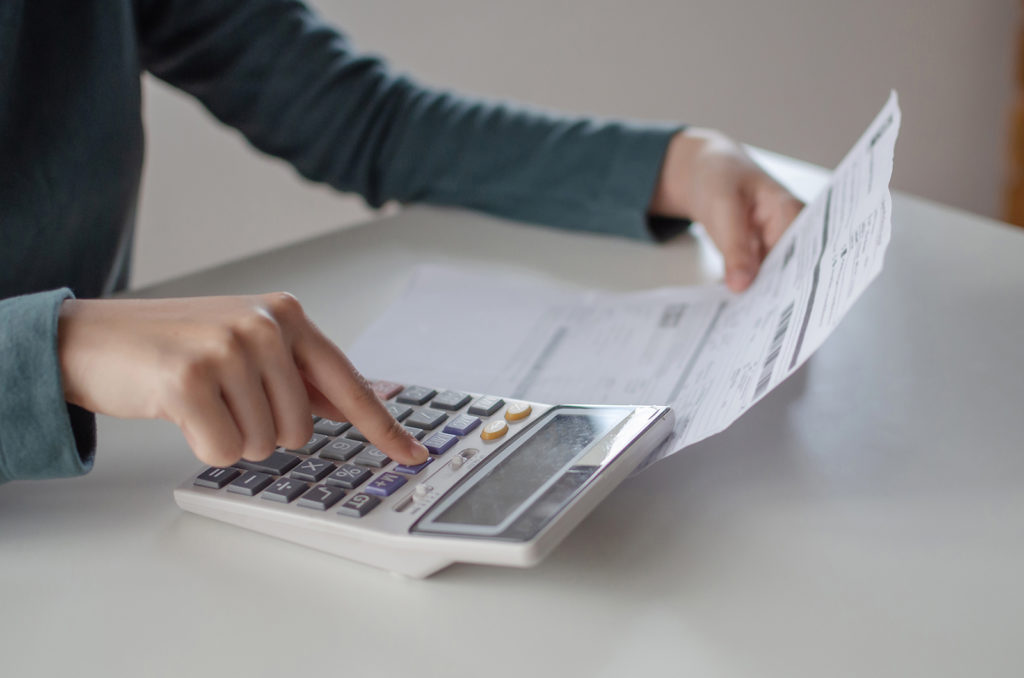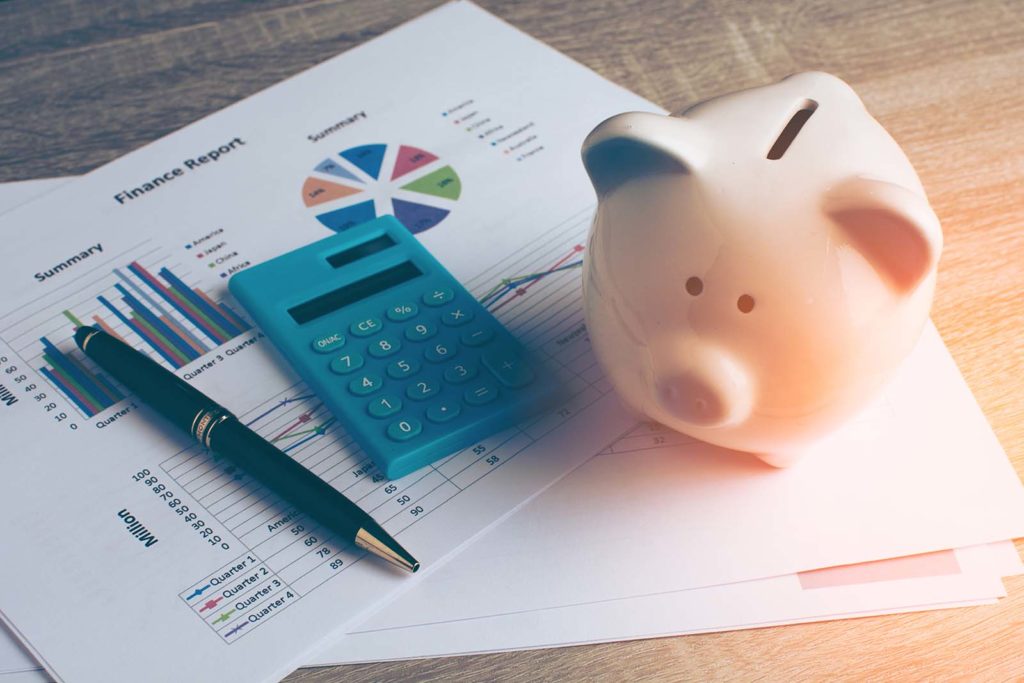Contents
Owning a business that is in debt can put a huge strain on both the business and those managing it. If you are also struggling to cope with personal debts, it can be difficult to decide what to prioritise and who to pay first. While in many cases it can be helpful to seek qualified financial advice to deal with company debts in a constructive and targeted way, it’s important to understand your position before deciding how to move forward.
It affects companies of all shapes and sizes, and the best way to deal with financial liabilities will depend on your circumstances and those of your business.
What is business debt?

If you are self-employed, a sole trader or a director of a limited company, business debt is made up of those liabilities that relate to your activities. It can take any one of a wide range of forms from mortgages, rent and utility bills for company premises through to debts relating to the stock purchase and everyday essentials.
Generally speaking, these can be split into priority and non-priority debts. Priority debts are so-called because the consequences of failing to meet these obligations are so severe and can include losing a creditor foreclosing on your premises or withholding the stock you need to keep trading.
Priority debts may include:
- Income tax
- Business rates
- Rent
- National Insurance
- VAT
- Debts to major suppliers
- Accountants’ bills
- Essential employees wages
In contrast, whilst it is still important to meet your non-priority obligations, failing to do so is less likely to have an immediate fatal effect on your business. Non-priority debts include:
- Overdrafts and credit cards
- Some bank loans
- Charge cards
- Catalogues
- Payday loans
- Non-essential suppliers
Are you personally liable for business debts?

If you own or manage a business, you’ll be familiar with struggles such as understanding which expenditures are tax-deductible and which aren’t. Similarly, people often get confused about whether or not they are personally liable for business debts. The key distinction to make here is how exactly you run your establishment – whether as a director of a company or acting as a sole trader.
In most cases, debt incurred by a sole trader is treated in the same way as personal debt. The law doesn’t make a distinction between the money you owe personally, and money owed by your business. On the other hand, money owed by a limited company is seen as separate and is comparable to the personal debts of a director. In simple terms, the director of a limited company cannot generally be held personally liable for the company debts. There are, however, a few exceptions to this rule:
- If a director signs a
personal guarantee document
- If a director or their business has incurred a debt as a result of fraud or other criminal activities
- If a director is found to have engaged in wrongful trading. For example, trading when barred from doing so after insolvency
- If there is an overdrawn director’s loan
- If a director has tried to sell company assets at an artificially low price that does not represent true market value
How can a business get out of debt?

Business debts can mount quickly if you do not address the situation in good time. The consequences of failing to pay off vary depending on what kind of it is. Failing to meet rent or mortgage payments can lead to your business being evicted, for example, whilst money owed in respect of unpaid fines or taxes can lead to bankruptcy, a visit from bailiffs, or even a prison sentence.
In cases where it has become truly unmanageable, a business and those involved in its management may decide relatively quickly that financial advice is needed to keep a company afloat. Before reaching that stage, though, there are a number of options that can be explored.
Prioritise
By creating a schedule of all your debts, you can get a clearer picture of your liabilities and can begin to tackle your financial situation. It’s important to fully understand which debts should be treated as a priority, as keeping on top of liabilities that relate to the essential functions of your business could be the difference between success and failure. Priority debts may include things such as rent or mortgage instalments for your premises, making payments to key suppliers for stock, or insuring your company to allow it to continue trading.
Increase your income –
While this may seem to be out of reach for some businesses, increasing your regular income can give you a substantially better chance to pay off your debts. It may be possible to increase your revenue by raising prices, increasing rates or encouraging clients to pass more custom to the business by offering an incentive. How to achieve a higher income, and whether it is indeed possible to do so, will depend on the structure and purpose of the business and could be as simple as changing your marketing strategy or as complex as entering into a cooperative sales agreement with another company.
Reduce your costs
As with increasing your income, some businesses may look upon the suggestion of reducing costs as a pipedream. Despite this, there are often things that you can do to lower your outgoings without making too many radical changes to the way your company works. Although making certain members of staff redundant can reduce costs rapidly, many businesses do not wish to do so and in any case may not be able to continue operating (and generating revenue) without employees.
Other potential options include finding cheaper premises from which to run the business, selling off any non-vital equipment or reducing any budget allocated towards long-term projects that are unlikely to be realised for some time to come. As is the case with increasing revenues, the most appropriate way for a business to cut costs will be highly dependent on its unique set of circumstances.
Refinancing

Also known as ‘business debt consolidation’, refinancing can make it easier to deal with what the company owes by combining their debts into a single regular repayment which in some cases may even come at a lower rate of interest. There are a number of potential ways to approach business refinancing – including merchant cash advances, peer to peer loans and venture capital amongst others. Refinancing or restructuring business debt can help to manage your company finances and is not always as complex as it sounds – with the option of pre-pack restructures offered in abundance on the UK market.
Despite this, some companies might find themselves in such a precarious financial situation that refinancing providers may be reluctant to assist them, or only be willing to do so with a higher rate of interest. As with any financial product or decision, it’s important to research widely and to ensure that any given action is appropriate for the business’ circumstances.
Amend your Payment Terms and Invoice Financing
By requesting shorter payment terms or by using an invoice factoring facility you may well be able to improve your debt ratio as your business’ cashflow improves.
What is a debt ratio?
It’s normal for businesses to have some kind of debt, but knowing how much it is appropriate for the company can be difficult. One common approach is to calculate a debt ratio – which equates to a ‘total amount of debt versus the total value of its assets. If a company has assets worth £10 million and obligations worth £4 million the debt ratio would be 40% – or 0.4.
A ratio of 0.4 or lower is generally considered to be low risk, while 0.6 and higher is considered high risk. Businesses in the high-risk bracket are seen as “over-extended” and could find themselves in financial difficulty if the events take a turn for the worse or unexpected costs crop up.
Can personal debt affect a limited company?
For the most part, having personal debts will not affect your role within a company. Personal debts and those owed by a limited company are kept separate except in certain circumstances, for instance where a director personally guarantees liabilities incurred by the business or where there is an element of criminal activity. Your status within a company, and your ability to act in some roles or professions, may also be affected by certain personal debt solutions which lead to insolvency.
Can business debt affect personal credit?

This depends on exactly how your company is set up and what your role within it is. As a sole trader, your name will be attached to the vast majority of credit that your business incurs. As a result, if you allow your business to fall into significant debt, your personal credit file and rating can be adversely affected For directors of limited companies, business debts should not influence the status of your personal credit unless you have signed a personal finance guarantee making you responsible for all or part of what the company owes.
When should I get help?
When it comes to business debt, the things to look out for and the potential solutions that are available really do depend on the company’s individual circumstances. By comparison to personal debt, there is arguably a much broader range of tools, solutions and financial products available to reflect the many kinds of businesses that operate in the UK. With so many choices, it’s understandable the business owners struggle to fully comprehend the options that are available to them and seeking qualified financial advisor can be helpful at any stage, regardless of the debt situation you find yourself facing.

